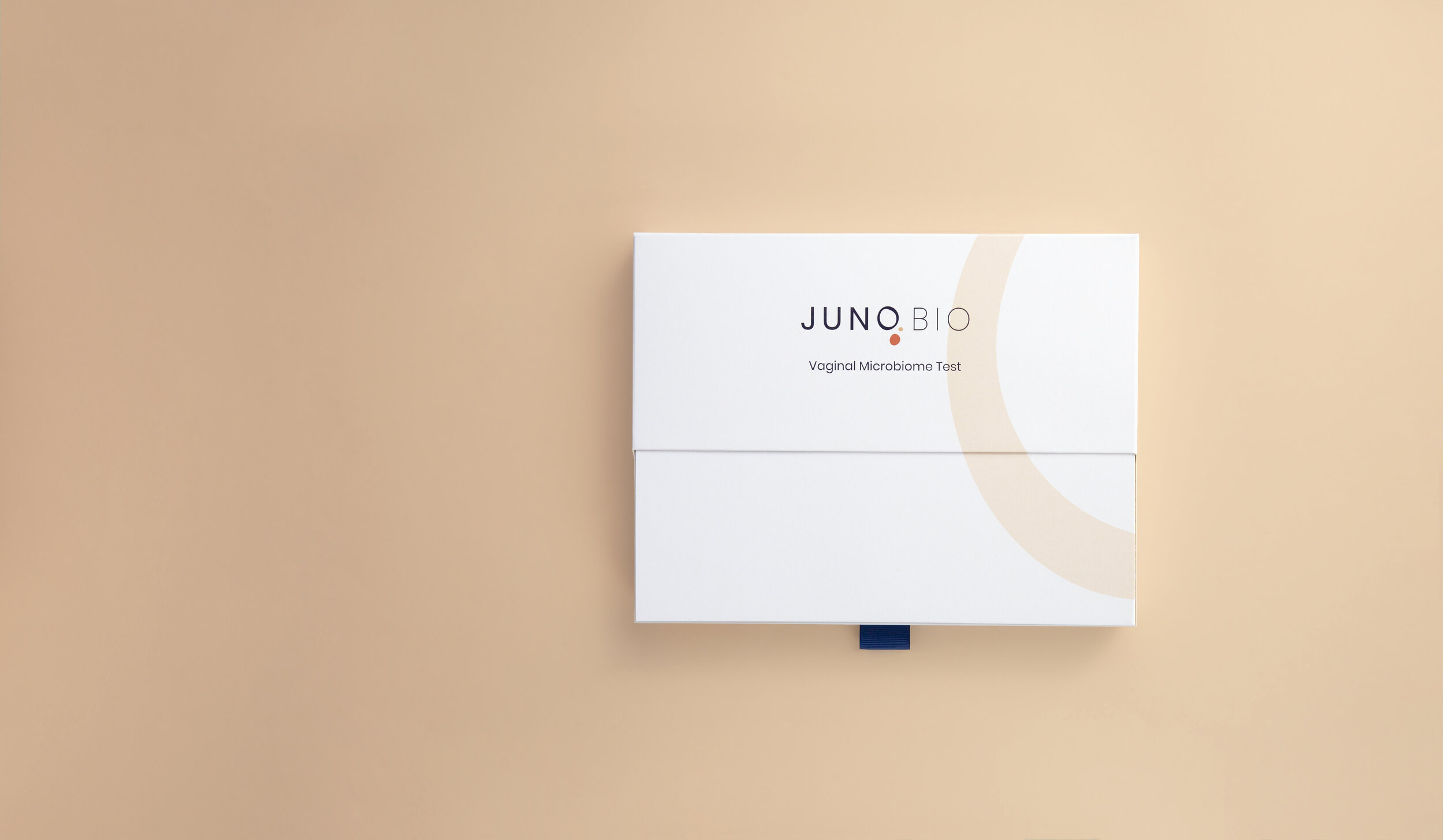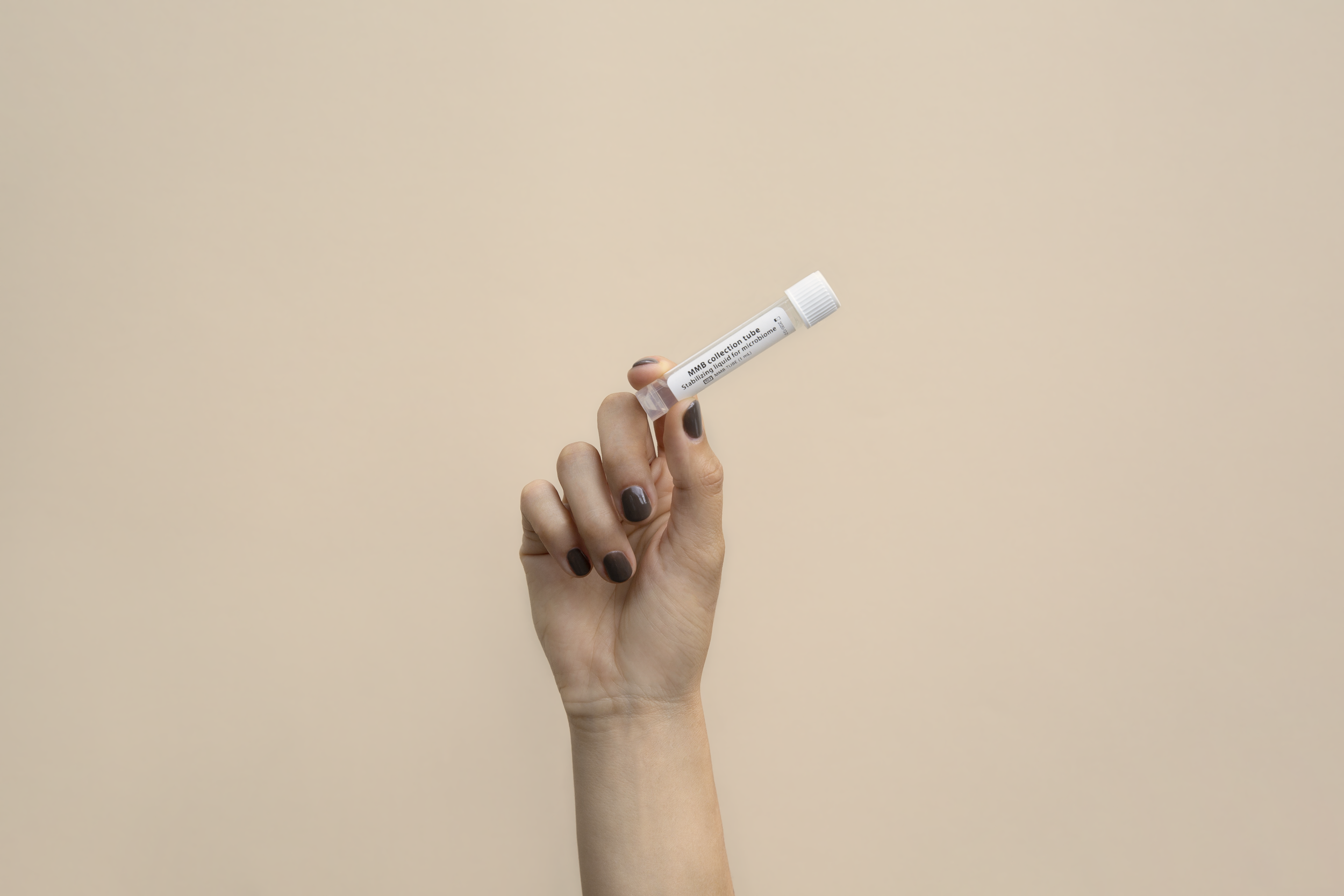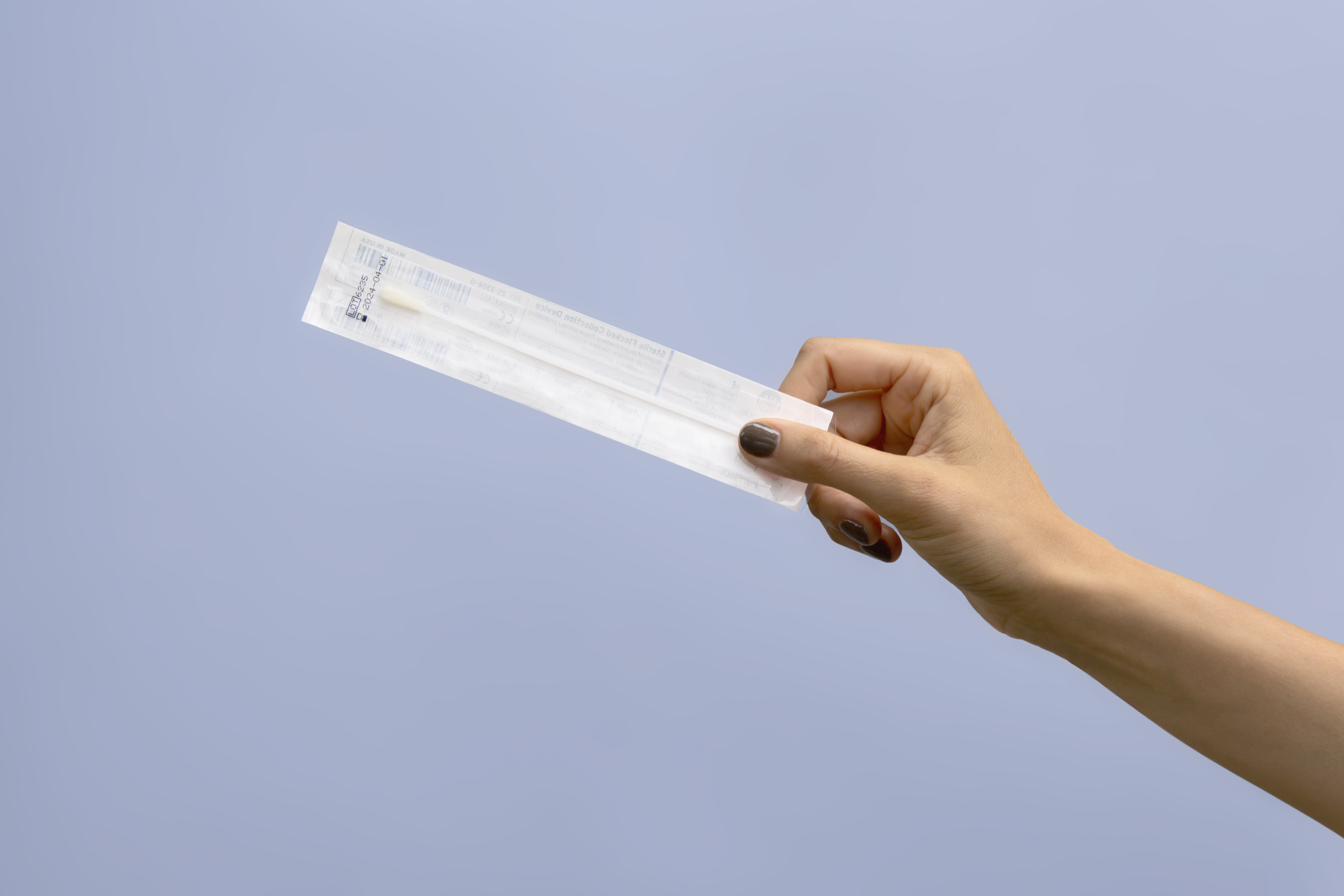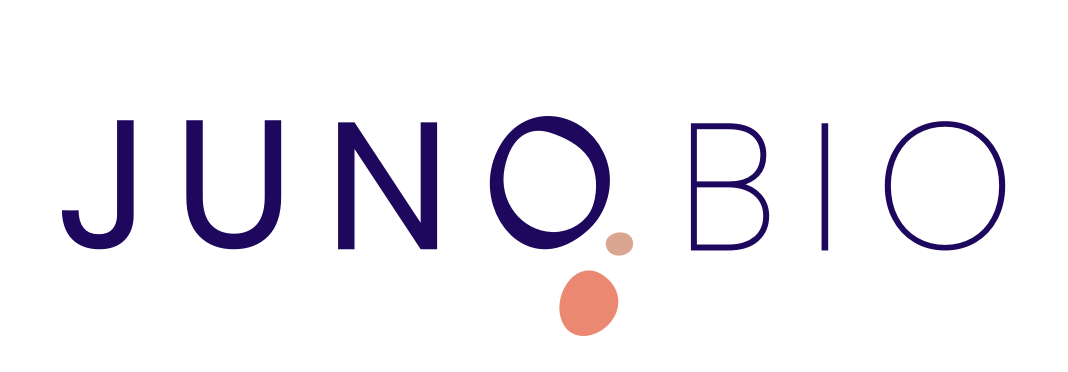WoW Woman in FemTech | Hana Janebdar, co-founder & CEO, Juno Bio
Interview by MarijaButkovic
Hana Janebdar is the co-founder and CEO of Juno Bio, a women’s health company working to decode the vaginal microbiome.
While working as a biologist researching microbiomes, Hana realized a much-needed opportunity to close the gender health gap and advance vaginal microbiome research.
Under her leadership, Juno Bio recently launched its Vaginal Microbiome Test, the first at-home comprehensive screen that allows women to receive insight into her full vaginal microbiome profile and what it means for their wellness.
Hana received a BSc in Biology from Imperial College London and an MSc in Biochemical Engineering. She is based in London.
What is the idea behind Juno Bio and how did you come up with it?
I was a biologist working on the microbiomes so I was quickly learning first hand the huge potential that microbiome (the community of microbes that live in and on us and have a profound impact on our health and wellbeing) science in significantly improving human health as well as it’s technical challenges, the lack of scientific rigour in many microbiome wellness products and the importance of data at scale – that couldn’t be always be achieved within the traditional academic study setup - for truly identifying effective solutions.
Simultaneously, I was increasingly shocked at the fact that while gut, soil etc. microbiome research and products had exploded over the last couple of years, the vaginal microbiome had been relatively ignored. Once again, the gender health research gap was staring me right in the face. What was particularly outrageous about this is that the vaginal microbiome is one the most readily accessible and most strongly associative with over 30 conditions, ranging from the taboo to the downright dangerous, with poor standards of care that affects billions of women worldwide. Bacterial vaginosis for instance is one condition of the vaginal microbiome, it affects ~30% each year and ~10% recurrently, that’s one of the highest recurrence rates in medicine, and is associated with increased risk of STI acquisition, infertility, preterm birth and even some gynae cancers. But it is poorly understood, badly diagnosed and quite evidently from the recurrence rate, inadequately treated. To really hit the nail in the coffin, the research shows that there is a racial bias in favour of Caucasian women in the way that these conditions have even been defined never mind diagnosed and treated. I formed Juno to change this.
Juno Bio is a women’s health startup decoding the vaginal microbiome through an at-home test that gives each woman an understanding of her own personal vaginal microbiome, what it means for her wellbeing and what her next steps should be while powering up research for all women.
When did you start and do you have other members in your team?
I formed Juno in 2018 and run it with my co-founder, Dr. Leighton Turner, and a team that includes advisors such as the world’s preeminent vaginal microbiome expert Professor Gregory Buck (The PI on the NIH funded Human Vaginal Microbiome Project).




How long did it take you to be where you are now?
Over the past year, after having been backed by Illumina, we set up and ran The Juno Study, which was one of the biggest studies of its kind. With this study, we unlocked the technical challenges fundamental to the vaginal microbiome and built one of the richest and most representative vaginal microbiome repositories that enable us to bring this meaningful vaginal microbiome test to women.
What was the biggest obstacle?
Raising investment as a female founder for an area that has been taboo for so long definitely comes with its challenges! We really had to learn how to engage people in a conversation that made them uncomfortable.
What are your biggest achievements to date?
The Juno Study was a monumental achievement!
What are the challenges of being an entrepreneur in the niche you are in? How about being a female founder/entrepreneur?
Being categorised as ‘femtech’ when we started meant that there is a much smaller number of investors you could go to; most people think femtech begins and ends with the menstrual cycle which can be challenging.
Being a female founder and working on a female science and products is of course hugely beneficial; you’re pioneering science and building products for yourself, your mum, and your sisters. It’s also incredibly empowering to build up your own feminism and to take people with you on your journey.
It’s not hard being a female founder, it’s hard being a founder under patriarchy. I think that might have been the first key challenge; unlearning and rebuilding the frameworks we operate in.
What are the projects you are currently working on?
We have a host of product features that we’re working on for our users and are very excited to be announcing them over the coming months!
Is the #WomenInTech movement important to you and if yes, why?
Yes. There is so much power in working towards making sure that the people who own and work in tech represents the society that it seeks to serve so that it sows more than it reaps and so that it is wielded more responsibly. A more equitable future necessitates that we give women the support needed to close the gender gaps we see so often in tech.
What is the most important piece of advice you can give to all female founders and female entrepreneurs out there?
Keep going.
What will be the key trends in the health tech and fem tech industry in the next 5 years and where do you see it heading?
With the obvious political world disaster risks that will impact women’s healthcare aside, in the next 5 years:
1. It will grow almost exponentially in size and breadth, covering both areas that are might be more obviously considered femtech: menstrual, microbial, contraceptive, fertility, menopausal products to areas that are less commonly categorised as femtech but that need a female-centric approach to close the gender health gap: pain, chronic conditions, heart conditions, etc.
2. Things will start to become a lot more personalised and therefore more effective.
3. Sustainability and access to all will be key features of successful products.
Who are your 3 inspirational women in health tech and fem tech?
1. Tara deBoer, Ph.D. Founder & CEO of BioAmp Diagnostics; a company working on the antibiotic resistance crisis. She’s a powerhouse of a human being and an endless source of energy and motivation for us at Juno Bio.
2. Dr. Antia Mitra who is not only a gynecologist and author of The Gynae Geek but also has a Ph.D. in Vaginal Microbiomes and is always so generous with her time with us at Juno Bio.
3. The brilliant women behind The Vaginismus Network: Kat Wilson and Lisa Mackenzie. I’ve been quietly cheering their community building and vaginismus profile raising; this kind of taboo-removing work is the keystone to building the femtech space and improving the standard of care available to women.
Visit Juno Bio’s website to find out more!
Follow them on Instagram, Twitter, and Facebook!
This interview was conducted by Marija Butkovic, Digital Marketing and PR strategist, founder, and CEO of Women of Wearables. She regularly writes and speaks on topics of wearable tech, fashion tech, IoT, entrepreneurship, and diversity. Follow Marija on Twitter @MarijaButkovic.


